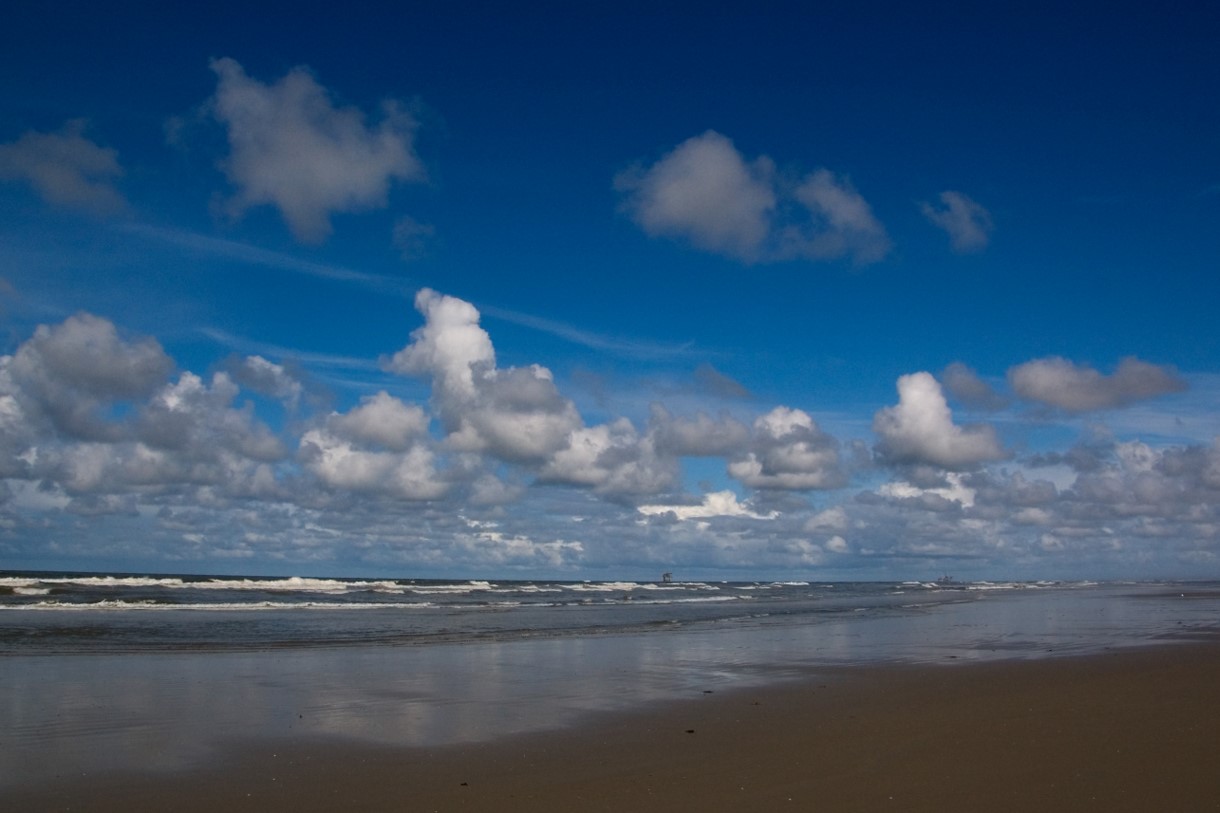It’s the week of the North Sea. EBN, the state-owned energy company that participates in most oil and gas developments in the Netherlands, organises a series of events this week to inform and discuss the role of the North Sea in the energy transition.
Yesterday, a panel discussion took place amongst representatives of several stakeholders from the oil and gas industry in the Dutch sector to discuss the future of the North Sea in terms of gas (and oil) supply.
Guests were Floris van Hest (Stichting Noordzee), Chris de Ruyter van Steveninck (ONE-Dyas), Arendo Schreurs (NOGEPA, the Dutch trade organisation for oil and gas operators), Ruud Cino (Ministry of Economic Affairs and Climate Policy) and Thijs Starink from EBN. René Peters (TNO), who specialises in all aspects of the energy transition, led the discussion.
A licence to operate
One of the aspects the panellists observed is that the industry is cautiously recovering from a perfect storm caused by low gas prices, Covid-related issues, legislation around nitrogen emissions and increased public scrutiny regarding the oil and gas industry.
There is increased awareness of the positive aspects of having domestic hydrocarbon production, because import from elsewhere comes with a higher carbon footprint. Combined with the fact that in all energy consumption scenarios hydrocarbons will still have a role to play as we transition towards a sustainable energy system, the licence to operate – especially for the offshore – seems to be on the rise.
The Dutch way
One explanation for the positive shift in public opinion and political support with regards to oil and gas production is the formation of the so-called North Sea Agreement. This agreement was signed by most of the important North Sea stakeholders and formed the conclusion of several years of talks. As all members of the panel concluded yesterday, the getting-to-know-each-other element of these talks was instrumental in being able to reach an agreement whereby all parties understood each other’s interests and goals.
A declining trend – is it possible to reverse it?
To arrest the rapid decline of production from North Sea fields, more exploration will be needed. With the tax regime recently becoming slightly more investor-friendly, there is an expectation that some more exploration wells will be drilled in the years to come, as we recently reported on. As Thijs Staring from EBN put it: “It’s unlikely we can reverse the trend, but we can at least slow down the decline.”
However, when asked about which areas hold most potential, no clear answer was provided. That is not a surprise, as the Dutch sector is simply a mature province and the well-known plays have been looked at succinctly over the years.
That doesn’t mean the exploration plug can be pulled, it means that companies with a clear exploration vision are required who dare to explore in areas that were previously written off, as the example from Hansa Hydrocarbons in the Dutch-German cross-border area nicely illustrates. A success ONE-Dyas is now actively trying to capitalise on with the development of the Ruby field and drilling of nearby exploration wells.
A contrasting North Sea political landscape
With a carefully balanced consensus, based on mutual agreement amongst the most important North Sea stakeholders, the Dutch have clearly walked a very different path recently than Denmark and Ireland. In these countries, politicians seem to have given in to pressure to halt exploration altogether, probably without more carefully balancing this move against future energy needs. In that sense, the UK have also recognised the need to keep the industry involved when the recent North Sea Transition Deal was announced. Public and political support for the oil and gas industry seems highest in Norway, where many people are dependent of an industry that has meant so much in terms of the nation’s wealth.
HENK KOMBRINK




